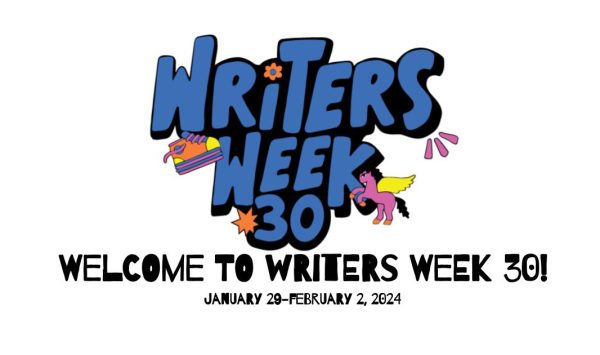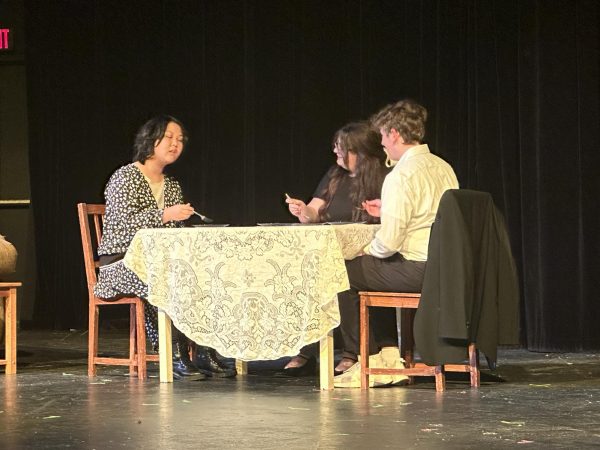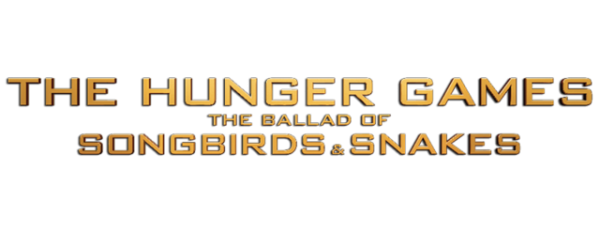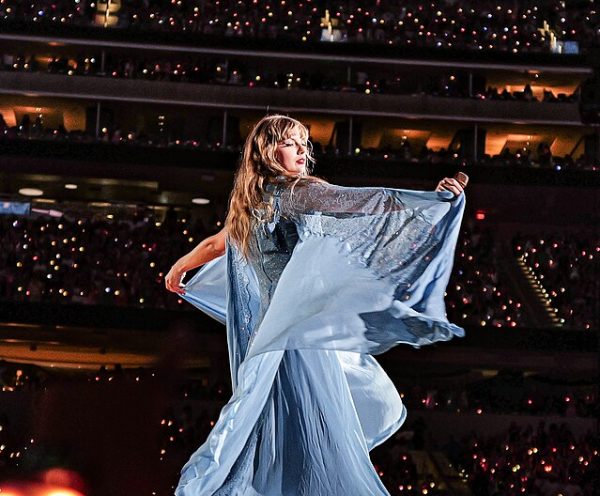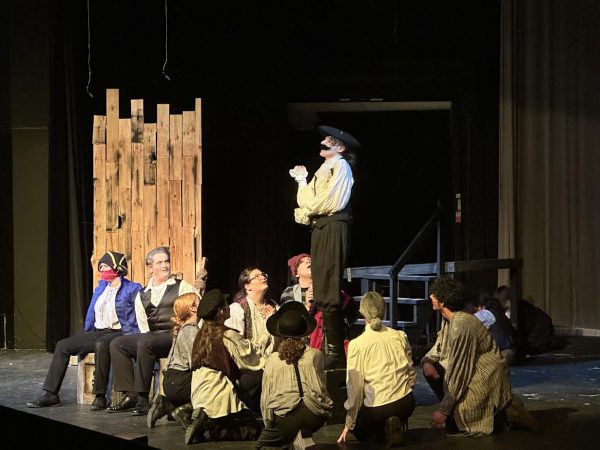These Hollow Vows Duology Fails Readers on all Fronts
December 16, 2022
It’s not often that I find myself questioning why someone disgraced a tree with their work, but somehow author Lexi Ryan’s These Hollow Vows and These Twisted Bonds did that for me. The books offered a world that reads very similar to others on the market right now; specifically Sarah J. Maas’s A Court of Thorns and Roses series without the adult content sprinkled in. Readers who are familiar with the concept of the hit series will find themselves experiencing an intense amount of deja vu and not in a good way.
The worldbuilding combined the idea of a standard divide between two courts – one mirrors light and good and the other dark, perceived as evil in the eyes of onlookers. Very little detail was added and leaving readers with a splash of white room syndrome – the general feeling of being unable to imagine the setting due to a lack of detail or only the use of vague descriptors. To be honest, for all I know this happened in Candyland with a couple of mountains and a magic portal to the underworld.
Anyway, back to the idea of it literally being the same work thing as ACOTAR minus names of characters and places. While writing, Ryan didn’t try to fix the nonexistent personality that SJM’s main character had in the original books. To explain Abriella or Brie’s personality throughout the storyline imagine someone stole Bella Swan’s moodiness during New Moon and Katniss’s drive to save Peeta before mashing it together to create something that even a dry cracker would be insulted to be compared to. Publishing houses really need to stop letting anyone who walks through the door with the same bland and basic female protagonist get published.
Another place where her writing mirrors Sarah J. Maas’s is through the use of the blond and dark-haired boy trope used almost identically. Brie thought she was in love with the charming goodie two shoes at first but finds out that he deceived her which leads to her falling in love with his brooding rival. In typical YA fashion, lies and betrayal drive the overused tropes to the point of no return.
The only light at the end of the tunnel was that the writing was a step above amateurish. This isn’t saying much overall because while reading I had a limited number of thoughts and it was a step above pure boredom.
While I read just about nine hundred pages of misery it really just made me question humanity, because the main plot points were separated by several chapters of stuff. Things happened, but did they really add anything? Save yourself time and skip over this one if you’re looking for originality since you won’t miss much.



